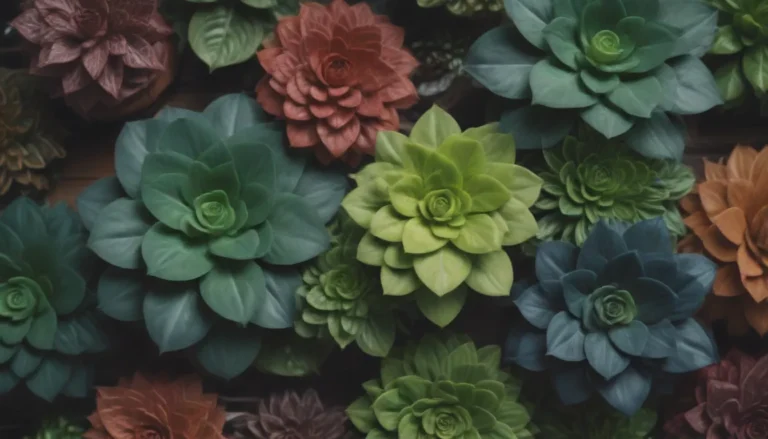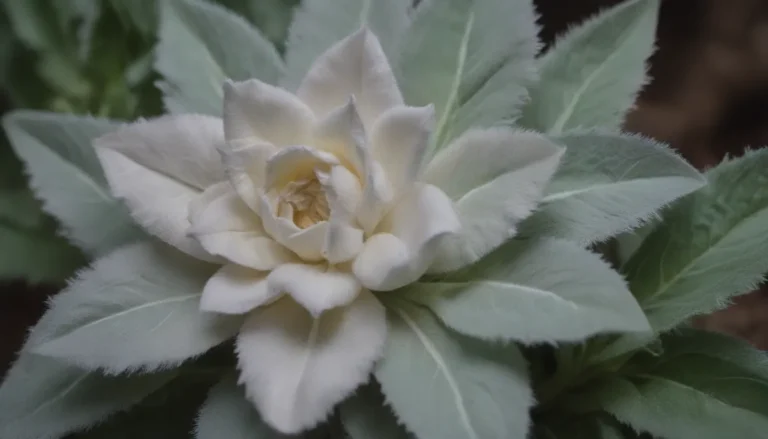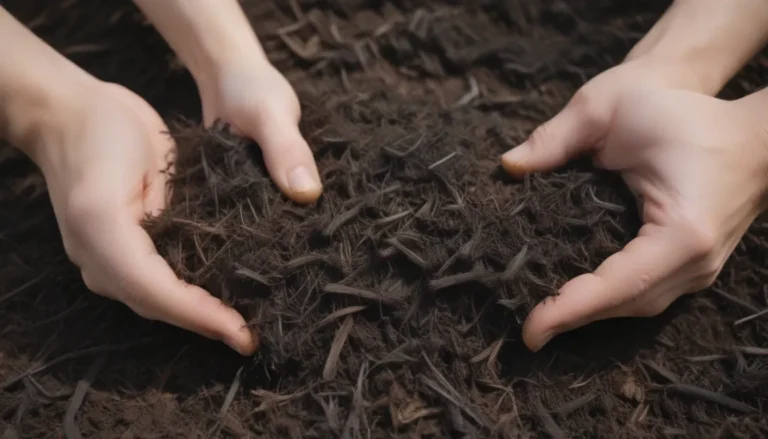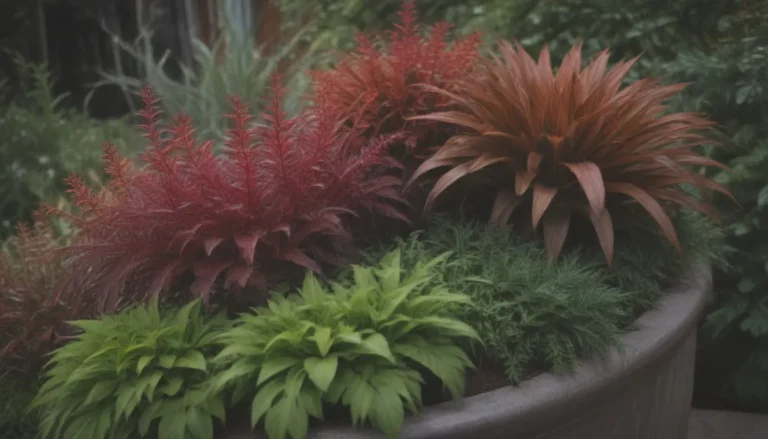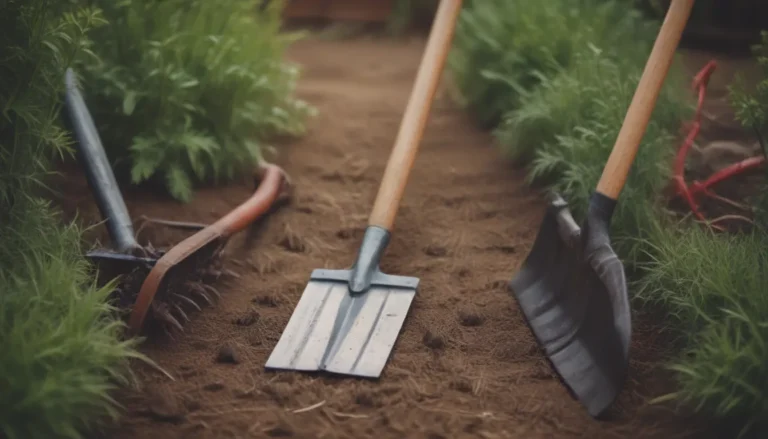Ultimate Guide to Moss Rose Care & Growing
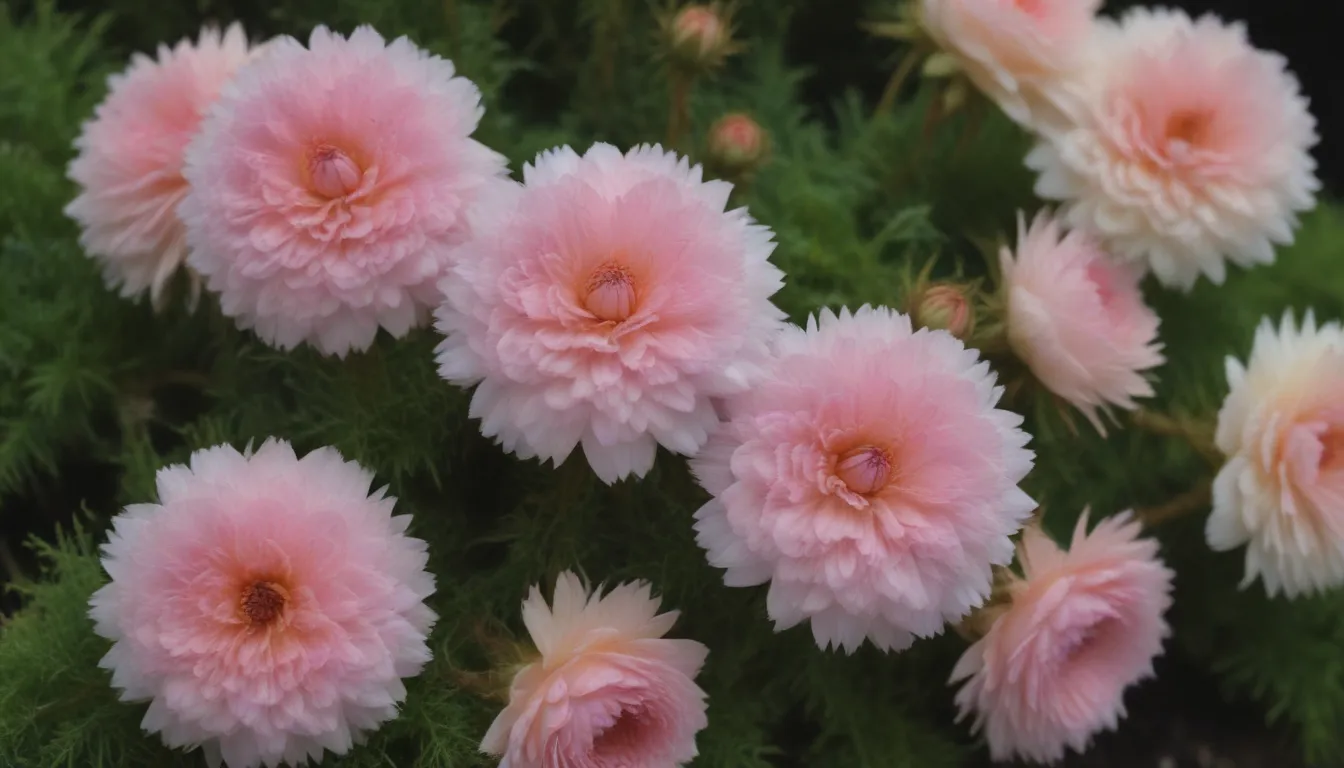
Welcome to the ultimate guide to moss rose care and growing! Moss rose plants, scientifically known as Portulaca grandiflora, are beautiful flowering annual succulents that originate from South America. These plants are loved for their vibrant colors, ruffled petals, and compact growth habit, making them a popular choice for gardeners looking to add a splash of color to their landscapes. In this comprehensive guide, we will delve into everything you need to know about caring for and growing moss rose plants successfully.
Introduction to Moss Rose Plants
Moss rose plants are compact succulents that grow between 3 and 9 inches tall and spread to form a dense mat of foliage. Their flowers bloom in bright colors and resemble miniature roses, creating a charming addition to any garden. These plants are best planted in the spring after the danger of frost has passed, and they thrive in full sun and well-drained soil.
Benefits of Moss Rose Plants
- Creates a beautiful ground cover.
- Adds vibrant colors to the landscape.
- Tolerant of drought conditions.
- Ideal for container gardens and rock gardens.
Moss Rose Care Tips
Taking care of moss rose plants is relatively easy, as they are hardy and tolerant of various growing conditions. Here are some essential care tips to help your moss rose plants thrive:
Light
- Moss rose plants require full sun, at least six to eight hours a day, to bloom and grow properly.
- Plant them in a sunny location to ensure they receive adequate sunlight.
Soil
- Moss rose plants thrive in sandy, rocky soil with excellent drainage.
- Avoid planting them in clay soil, as it can lead to root rot.
- Water the plants sparingly and avoid overwatering, as they prefer dry conditions.
Water
- Moss rose plants have low moisture requirements but benefit from occasional watering during dry spells.
- Water deeply once a week during hot weather to keep the soil slightly moist.
Temperature and Humidity
- Moss roses prefer high heat and low humidity.
- They are frost-tender and may die back in cold temperatures.
- Provide protection from frost to ensure their survival.
Fertilizer
- Moss rose plants can thrive in lean soil and typically do not require fertilizer.
- Use a balanced, slow-release fertilizer at the time of planting to promote healthy growth.
- Consider fertilizing with a phosphorous-rich blend during the growing season for more abundant blooms.
Types of Moss Rose Plants
There are several popular varieties of moss rose plants available for landscape gardening, each with its unique colors and characteristics. Some popular types include:
- ‘Afternoon Delight’
- ‘Calypso Mix’
- ‘Duet’ series
- ‘Fairy Tale’ series
- ‘Happy Hour’ series
- ‘Mojave’
- ‘Sundance’
- ‘Sundial’ series
- ‘Tequila’ series
- ‘Yubi Summer Joy’ series
Pruning Moss Rose Plants
Moss rose plants require minimal pruning, primarily to remove dead or diseased growth and improve air circulation. Prune them in early spring before new growth emerges to maintain their shape and health. Deadheading spent blooms is not necessary for moss roses.
Propagating Moss Rose Plants
Like most succulents, moss rose plants can be easily propagated from cuttings. Simply take a cutting from a healthy plant, let it dry for a few days, then plant it in well-draining soil. The cutting will root quickly and grow into a new plant with proper care.
How to Grow Moss Rose from Seed
If you prefer starting moss rose plants from seeds, you can sow them indoors before the last frost date or directly in the ground after the frost has passed. Ensure the seeds receive light for germination and keep the soil slightly moist until the seedlings emerge. Once established, water the plants when the top inch of soil is dry for optimal growth.
Common Pests & Plant Diseases
Moss rose plants are relatively resistant to pests and diseases, but aphids may occasionally pose a problem. If you notice aphids on your plants, treat them with insecticidal soap to prevent damage to the foliage. Maintain good garden hygiene to reduce the risk of pest infestations.
How to Encourage Moss Rose Plants to Bloom
If your moss rose plants are not blooming as abundantly as desired, consider the following tips to promote flowering:
– Ensure proper sunlight exposure (6-8 hours of direct sunlight daily).
– Avoid overwatering to prevent root rot and encourage blooming.
– Repot the plants in well-draining soil or containers to improve drainage.
– Trim back surrounding plants that may block sunlight to your moss roses.
Conclusion
In conclusion, moss rose plants are delightful annual succulents that add beauty and color to any garden. With proper care and attention to their growing requirements, you can enjoy a vibrant display of blooms throughout the summer months. Remember to provide full sun, well-drained soil, and minimal watering to keep your moss rose plants healthy and thriving. Whether you’re a seasoned gardener or a beginner, moss roses are a fantastic addition to any landscape.
We hope this ultimate guide to moss rose care and growing has provided you with valuable information to help you cultivate a successful garden filled with these charming plants. Happy gardening!
